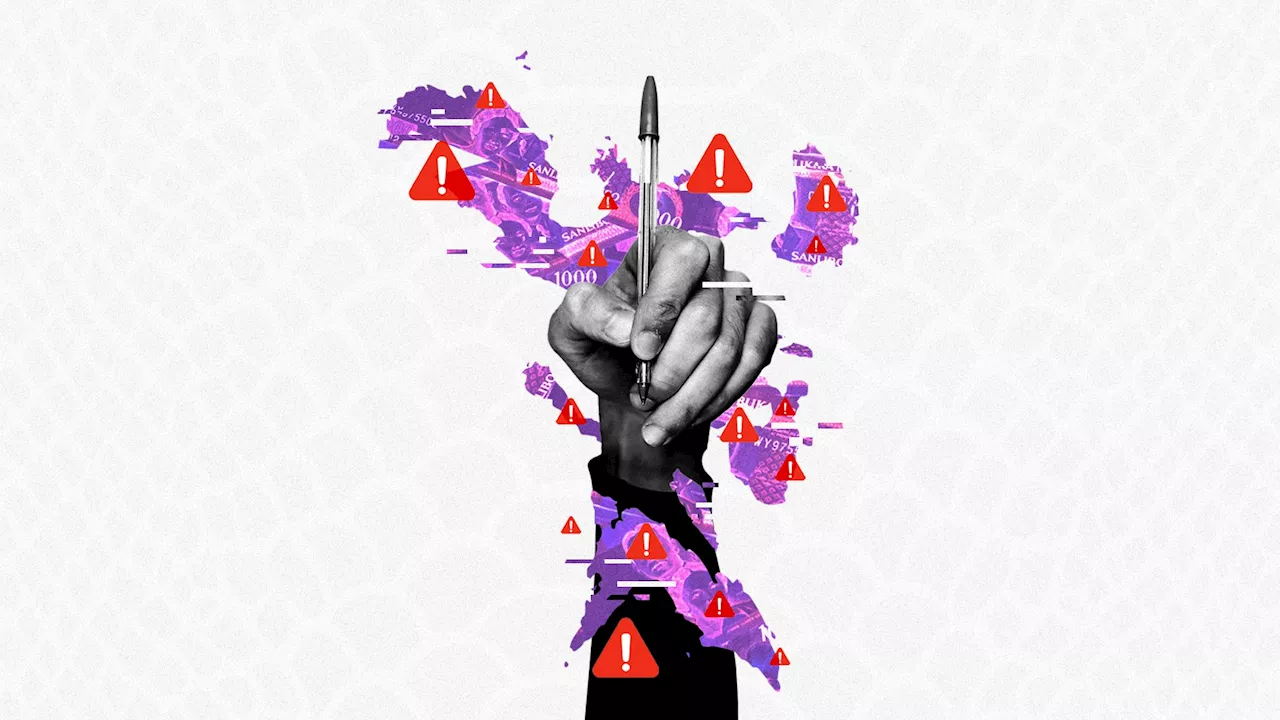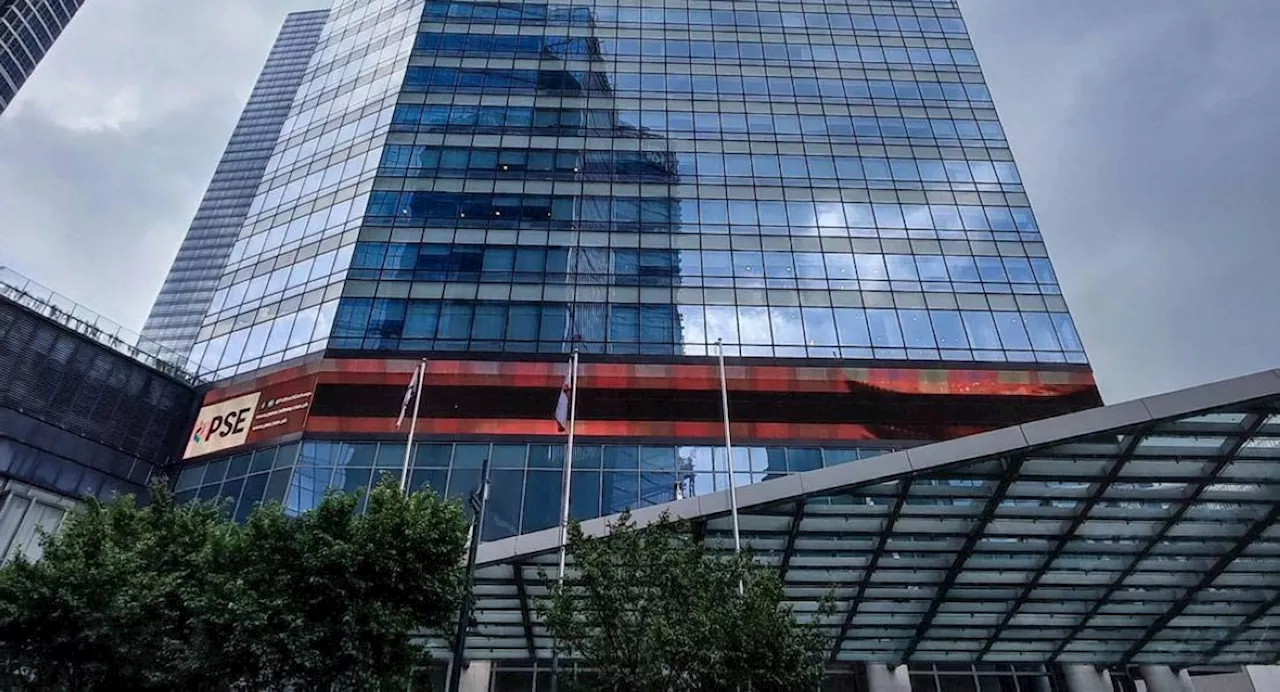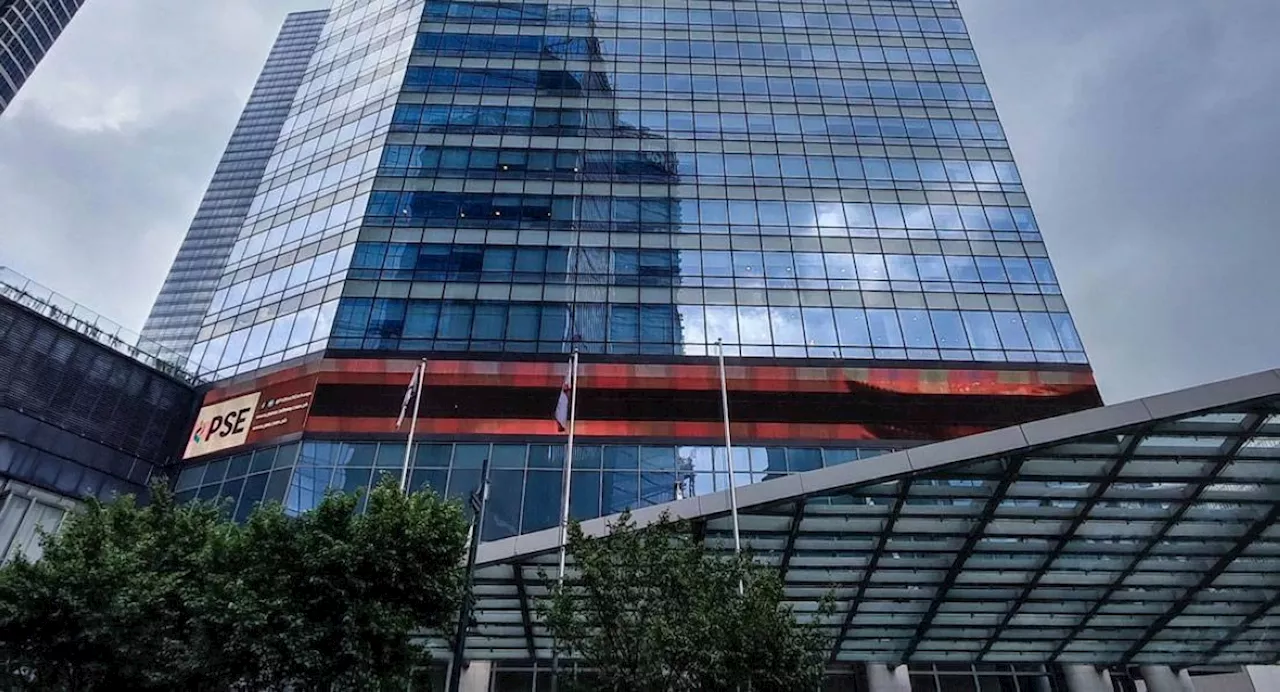The Philippine government under President Ferdinand Marcos Jr. is facing criticism for its alleged misuse of anti-terror laws against civil society organizations. This raises concerns about the erosion of human rights and civil liberties in the country.
Western nations proclaiming human rights and civil liberties should scrutinize the government of President Ferdinand Marcos Jr. European and North American diplomats have favorably compared the son and namesake of the late Martial Law dictator to former president Rodrigo Duterte, whose controversial drug war resulted in the deaths of tens of thousands of Filipinos.
However, these partners of the Philippine government and numerous civil society organizations within the country should examine the survey conducted by the National Union of People’s Lawyers (NUPL) and the Center for People’s Development and Governance (CPDG) on the escalating number of terror financing cases. \The 129 non-profit civil society organizations facing government sanctions collectively provide vital aid to millions of impoverished Filipinos across various sectors, including human rights, environmental protection, sustainable agriculture and fisheries, disaster relief, and the defense of indigenous lands and waters. They now find themselves targeted by what the NUPL describes as the “weaponization of terror laws” as the Marcos government desperately attempts to be removed from the Financial Action Task Force (FATF) “Grey List.” The FATF list comprises countries grappling with significant money-laundering issues, a category the Philippines undoubtedly falls into. Investigations conducted in both the Senate and the House of Representatives have uncovered massive money-laundering operations carried out by foreign nationals. Under the guise of being Filipino, they have acquired extensive tracts of land and constructed sprawling complexes using cash transfers ranging from hundreds of millions to billions of pesos between 2016 and 2023. \Duterte initiated the utilization of Republic Act No. 10168 (the 2012 Terrorism Financing Prevention and Suppression Act) against legitimate organizations voicing opposition to his brutal drug war and large-scale projects encroaching on indigenous lands. Among the first targets was the Rural Missionaries of the Philippines (RMP), an interreligious organization comprising priests and laypeople who support farmers, fishermen, and indigenous communities. Why was the RMP targeted? Because it actively assisted indigenous communities, particularly in Mindanao, in their struggles against land grabbing and environmental destruction. Assaults against rights defenders persist under Marcos, with 119 activists killed and at least 225 arrested. As courts post-Duterte began dismissing an increasing number of fabricated charges against rights defenders, the number of enforced disappearances surged, with 14 recorded from July 2022 to December 2024. The cases target even organizations that have met the stringent auditing standards of Philippine government agency partners and foreign states. In essence, when trumped-up criminal charges fail to gain traction in court, the government resorts to anti-terror laws that hinder the defense due to a lack of transparency. Human Rights Watch characterizes the current situation as “terror-tagging” by a government that claims to have ended the practice of red-tagging. However, the NUPL-CPDG report also reveals that 62% of affected civil service organizations experienced widespread red-tagging, and 57% reported surveillance and other forms of physical harassment.
Philippines Marcos Jr. Terrorism Civil Society Human Rights FATF Money Laundering
Philippines Latest News, Philippines Headlines
Similar News:You can also read news stories similar to this one that we have collected from other news sources.
 The Weaponization of Information: How Control Over Media Shapes Reality in Philippine ProvincesThis article explores the worrying trend of media manipulation and information control in Philippine provinces, focusing on Sorsogon and Masbate. It highlights how limited access to reliable information, coupled with the dominance of state-controlled media and online platforms susceptible to red-tagging, creates a distorted reality where the struggles of marginalized communities are often ignored. The article also sheds light on the dangerous consequences for journalists who dare to expose these truths, emphasizing the urgent need for a free and independent press to serve the public interest.
The Weaponization of Information: How Control Over Media Shapes Reality in Philippine ProvincesThis article explores the worrying trend of media manipulation and information control in Philippine provinces, focusing on Sorsogon and Masbate. It highlights how limited access to reliable information, coupled with the dominance of state-controlled media and online platforms susceptible to red-tagging, creates a distorted reality where the struggles of marginalized communities are often ignored. The article also sheds light on the dangerous consequences for journalists who dare to expose these truths, emphasizing the urgent need for a free and independent press to serve the public interest.
Read more »
 Philippine Singer Launches Movement to Unite Filipinos Against China in West Philippine Sea DisputeRannie Raymundo, a popular Filipino singer, has joined forces with the Fraternal Order of Philippine Eagles to spearhead a nationwide movement aimed at rallying Filipinos in response to escalating tensions in the West Philippine Sea. The WPS Eagles Movement seeks to foster patriotism, galvanize collective action, and counteract Chinese disinformation campaigns.
Philippine Singer Launches Movement to Unite Filipinos Against China in West Philippine Sea DisputeRannie Raymundo, a popular Filipino singer, has joined forces with the Fraternal Order of Philippine Eagles to spearhead a nationwide movement aimed at rallying Filipinos in response to escalating tensions in the West Philippine Sea. The WPS Eagles Movement seeks to foster patriotism, galvanize collective action, and counteract Chinese disinformation campaigns.
Read more »
 Philippine Coast Guard Monitors Chinese Vessel in West Philippine SeaThe Philippine Coast Guard (PCG) is closely watching a Chinese Coast Guard (CCG) vessel operating illegally off the Zambales coast in the West Philippine Sea (WPS). The PCG deployed the BRP Gabriela Silang to keep a protective distance from the CCG vessel, preventing its approach to the Philippine coastline. Despite the CCG's radio challenges alleging a violation of maritime collision regulations, the PCG maintains that the core issue is the CCG's illegal presence in Philippine waters.
Philippine Coast Guard Monitors Chinese Vessel in West Philippine SeaThe Philippine Coast Guard (PCG) is closely watching a Chinese Coast Guard (CCG) vessel operating illegally off the Zambales coast in the West Philippine Sea (WPS). The PCG deployed the BRP Gabriela Silang to keep a protective distance from the CCG vessel, preventing its approach to the Philippine coastline. Despite the CCG's radio challenges alleging a violation of maritime collision regulations, the PCG maintains that the core issue is the CCG's illegal presence in Philippine waters.
Read more »
 Philippine Stock Exchange to Acquire Controlling Stake in Philippine Dealing System Holdings Corp.The Philippine Stock Exchange Inc. (PSE) is reallocating P110 million from a 2018 stock rights offering to acquire a controlling stake in the Philippine Dealing System Holdings Corp. (PDSHC). This move follows a series of share purchases by the PSE from other PDSHC stakeholders, aiming to consolidate the country's equities and fixed-income exchanges. The PSE's equity stake in PDSHC currently stands at 55.53 percent.
Philippine Stock Exchange to Acquire Controlling Stake in Philippine Dealing System Holdings Corp.The Philippine Stock Exchange Inc. (PSE) is reallocating P110 million from a 2018 stock rights offering to acquire a controlling stake in the Philippine Dealing System Holdings Corp. (PDSHC). This move follows a series of share purchases by the PSE from other PDSHC stakeholders, aiming to consolidate the country's equities and fixed-income exchanges. The PSE's equity stake in PDSHC currently stands at 55.53 percent.
Read more »
 Philippine Stock Exchange Reallocates Funds to Acquire Controlling Stake in Philippine Dealing SystemThe Philippine Stock Exchange Inc. (PSE) is using funds from a 2018 stock rights offering to acquire a controlling stake in the Philippine Dealing System Holdings Corp. (PDSHC). This move consolidates the country's equities and fixed-income exchanges.
Philippine Stock Exchange Reallocates Funds to Acquire Controlling Stake in Philippine Dealing SystemThe Philippine Stock Exchange Inc. (PSE) is using funds from a 2018 stock rights offering to acquire a controlling stake in the Philippine Dealing System Holdings Corp. (PDSHC). This move consolidates the country's equities and fixed-income exchanges.
Read more »
 Philippine Fishermen Sound Alarm Over US-Led Military Exercises in Philippine WatersFilipino fishermen express deep concerns over the environmental and social impacts of joint military exercises conducted by the United States in Philippine waters. They argue that these exercises disrupt their livelihoods, cause psychological trauma, and damage fragile marine ecosystems.
Philippine Fishermen Sound Alarm Over US-Led Military Exercises in Philippine WatersFilipino fishermen express deep concerns over the environmental and social impacts of joint military exercises conducted by the United States in Philippine waters. They argue that these exercises disrupt their livelihoods, cause psychological trauma, and damage fragile marine ecosystems.
Read more »
